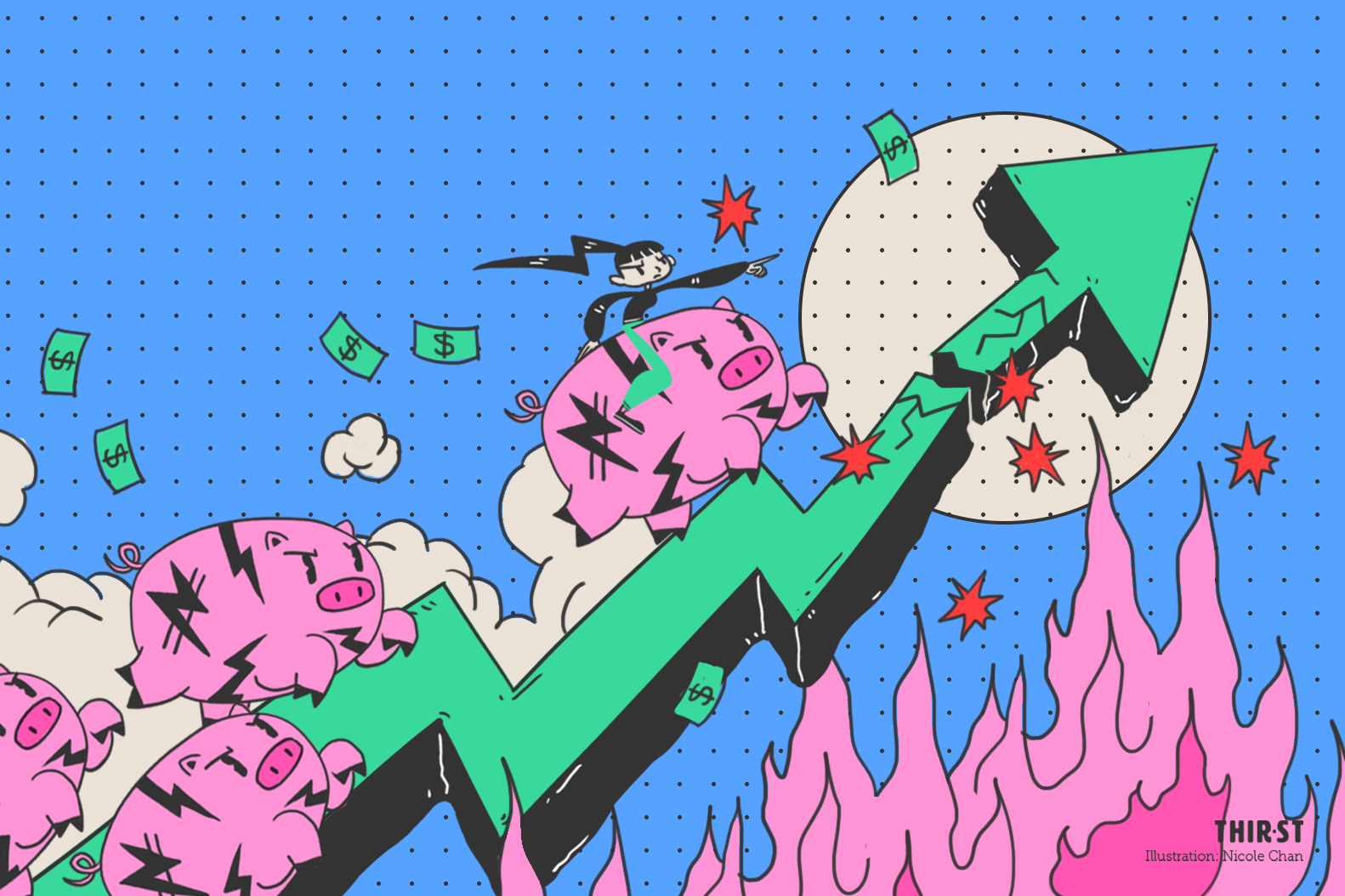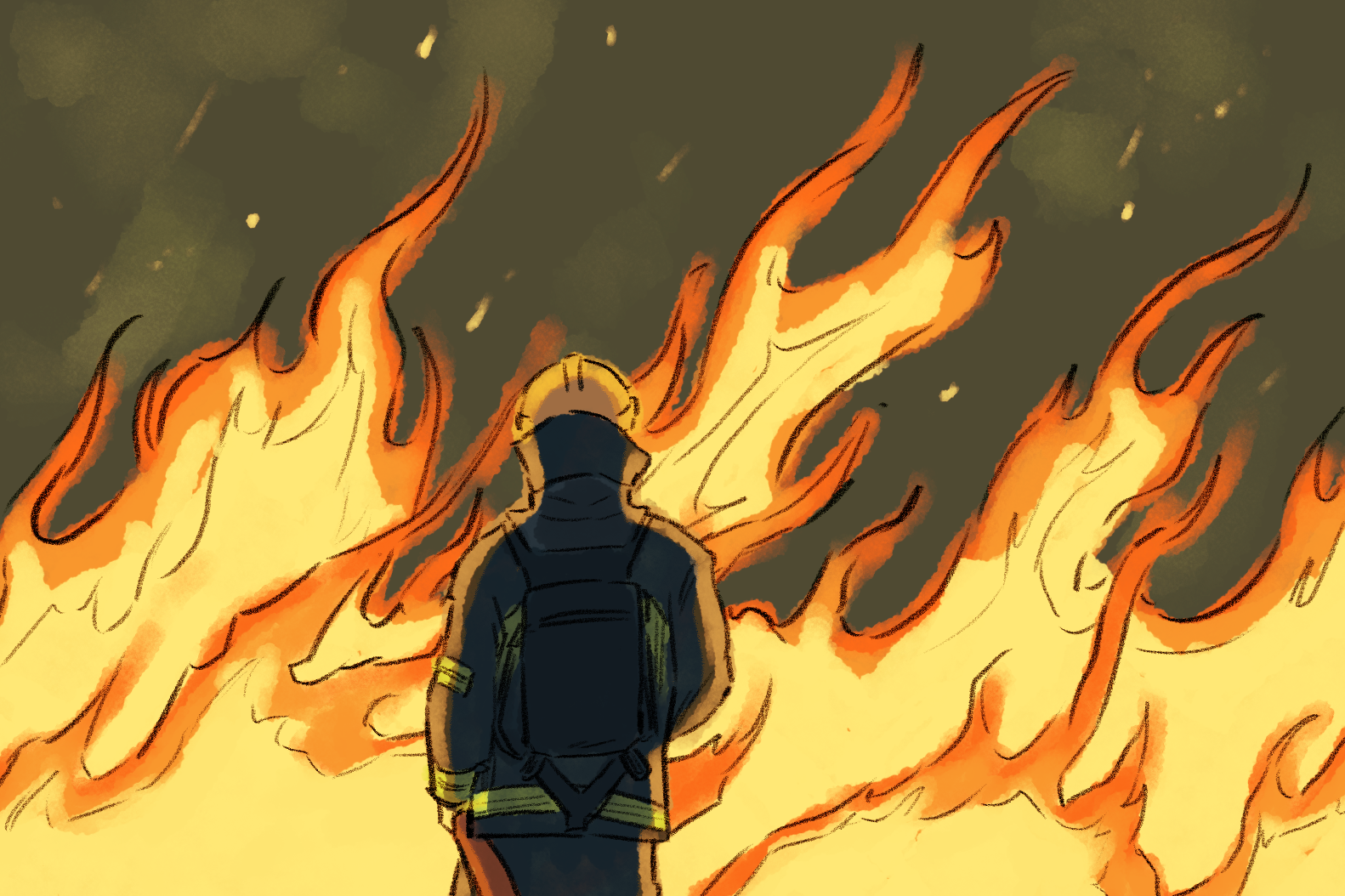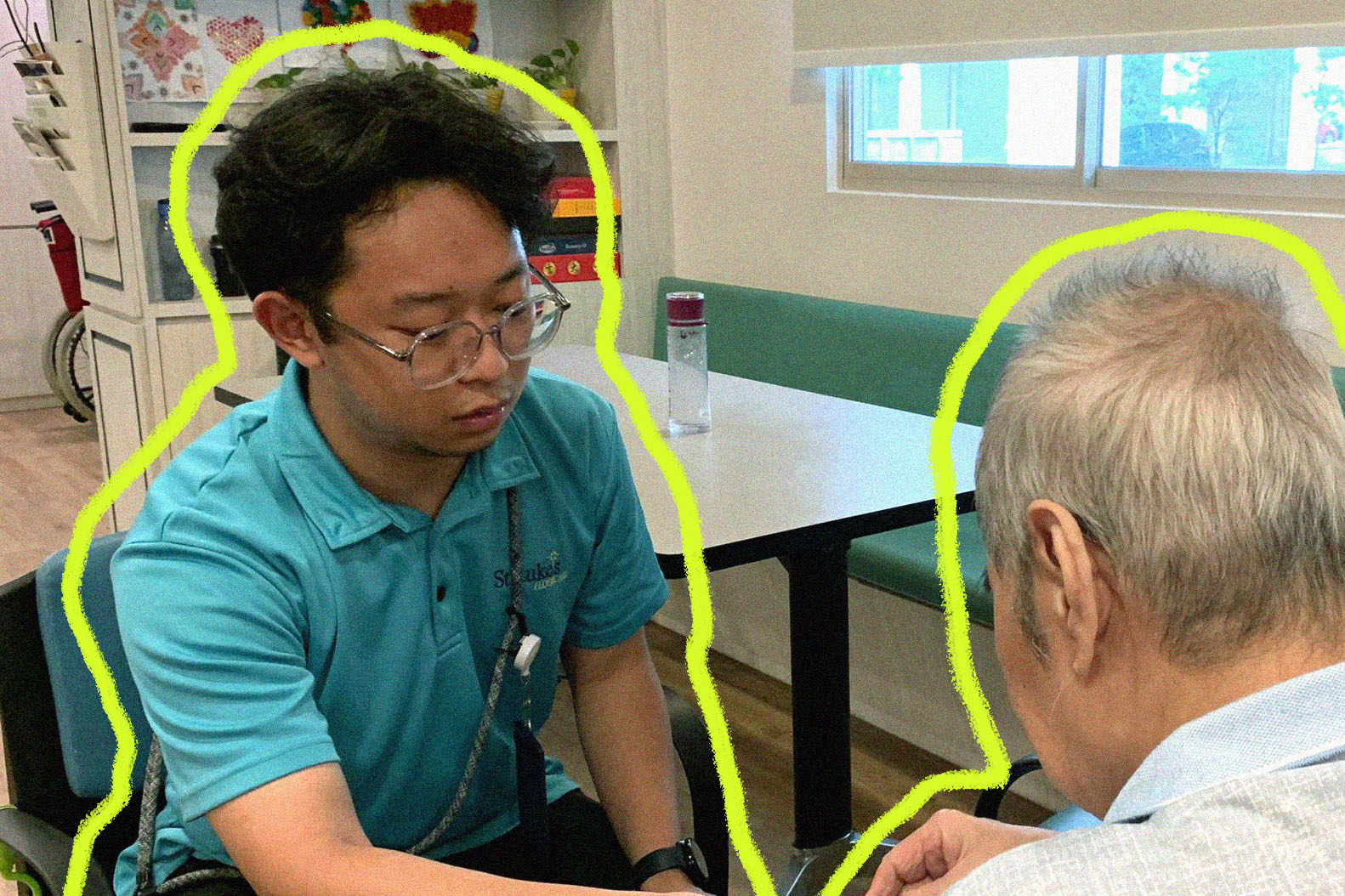I have had a passion for finance ever since young.
I used to save pocket money and Chinese New Year red packets with the sole intention of spending them on Christmas presents for my family. From time to time, I would do an inventory coin count in my piggy bank, and exchange them into notes.
So it was an easy decision to take up banking and finance in polytechnic, where I thrived in my studies. Eventually, I majored in commerce in economics and finance in university.
I’m also quite a competitive person. So when I joined the insurance line and became a financial planner after graduation, I always saw what was my opportunity cost.
After all, financial planning is about how much money you can grow to achieve life goals.
I always thought that if I didn’t earn the same amount of income as my peers, then it’s not worth it to be in a self-employed line. And I knew my friends’ incomes were climbing substantially.
At the same time, the financial industry is one that focuses a lot on titles and accolades. For example, there’s this title that everyone is striving for – joining the Million Dollar Round Table (MDRT).
That’s why people in my line always say, “If you don’t get MDRT you might as well leave the industry.”
So there began my struggle with discontentment and comparison. Slowly, I got caught up in hitting goals.
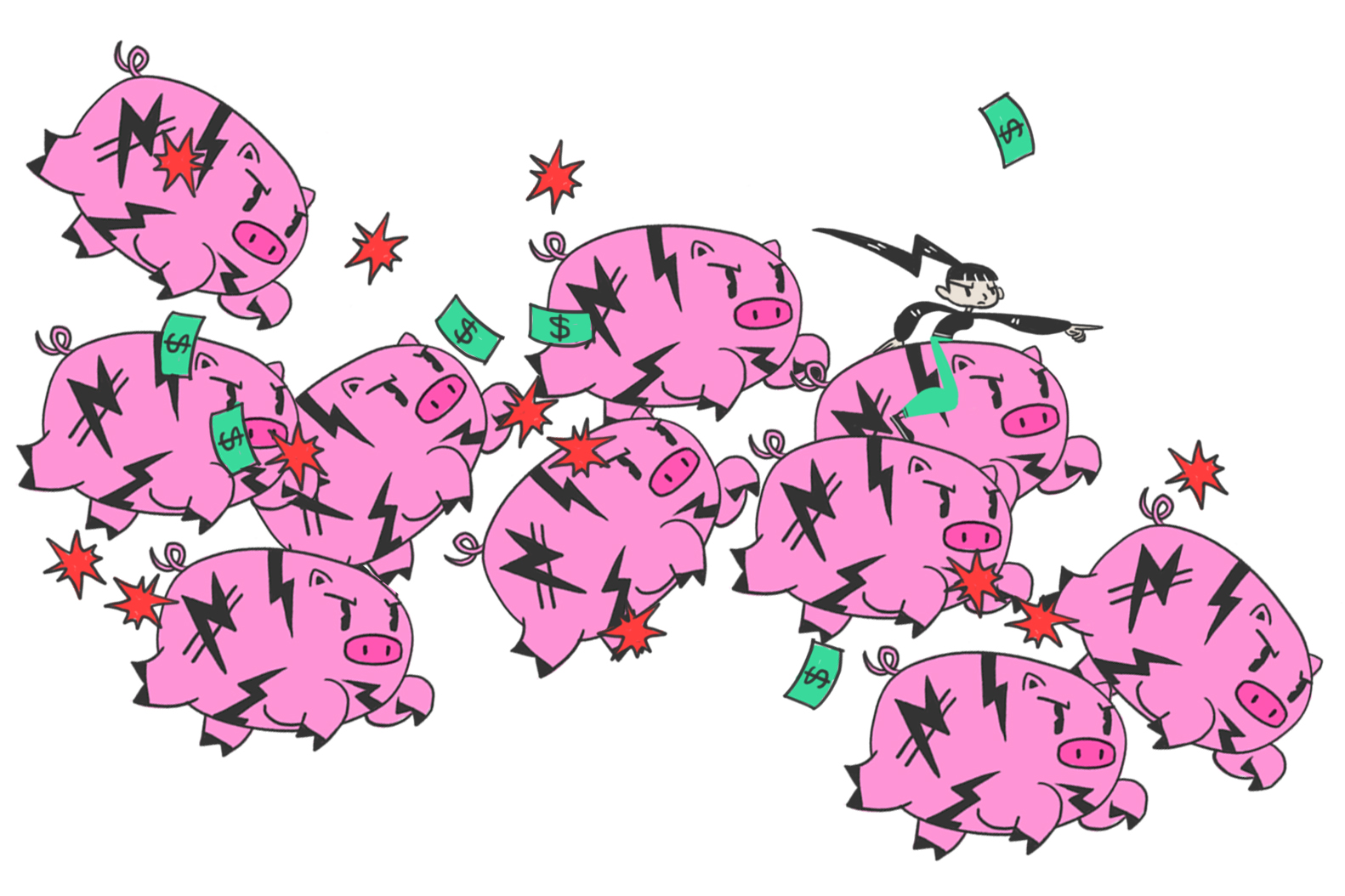
A common formula of success is to clock in 10,000 hours in a certain area of expertise. In my strive to perform, I was working 12-14 hours a day from Monday to Saturday.
At the same time, my church was doing church planting and I was one of the leaders. When you’re in a startup church, you’re very lean – it’s almost like a full time job. So balancing between church and work was very hard because they were big positions.
Eventually, I came to a point of conflict with my pastor over how much autonomy I had to make decisions in church. It was a very simple conversation but it triggered a whole meltdown. I couldn’t stop crying.
Looking back, I realised even serving at church became a place of performance as well.
I was burnt out but did not recognise it then.
After that conversation with my pastor, I took a break from ministry for a month. After that one month, I continued laying low and did not take up any positions for a good six months.
But I was still trying to strive. Since I couldn’t do church work, I decided to focus on my career.
I continued showing up for work but my clients knew that my spirit was down. They could tell from my quality of work and from the way I conversed. I just didn’t want to build the relationship anymore.
I just couldn’t.
So if you really need a break, just stop. Nobody’s going to stop you.
One day, I met a friend and shared with him what happened. And he said, “Claudia, you very weird leh. Why are you still trying so hard? You’re not working for a paycheque. And you don’t have to. And you don’t have a boss – you’re self-employed.
“So if you really need a break, just stop. Nobody’s going to stop you.”
And I realised he was right. The flexibility of my job was supposed to give me more time to do God’s work but it went the other way. Now that I had more time, I went to do more work.
I had completely lost my purpose!
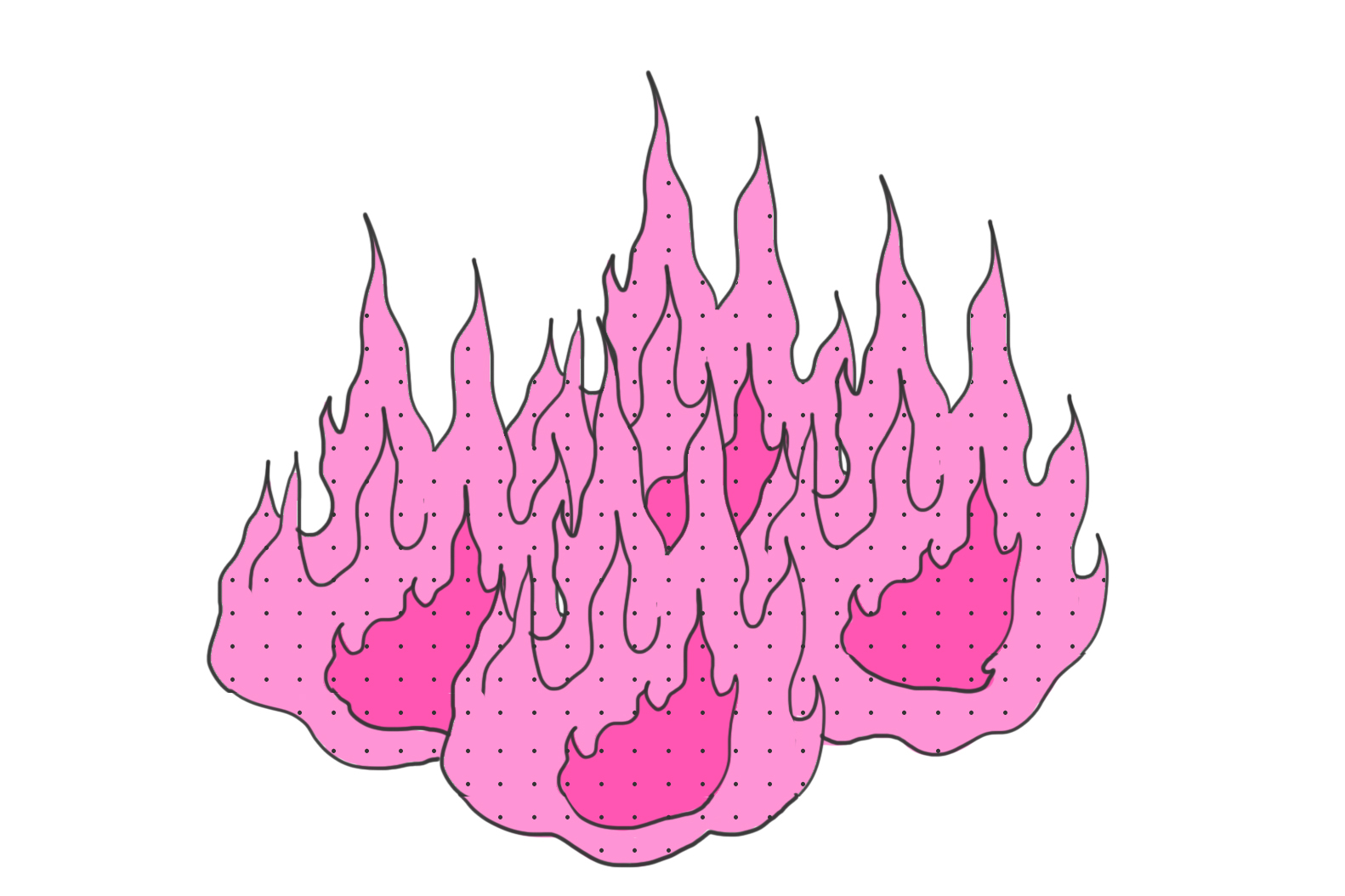
As such, the circuit breaker this year was a blessing for me because it forced me to stop meeting clients.
As a workaholic and extrovert, the busyness of meeting after meeting was escapism for me so I didn’t have to deal with matters of the heart.
Because of the circuit breaker, I had nowhere else to go but dive into the deep end of my life’s matters and cry my eyes out to God.
Stopping doesn’t mean that you’re regressing. It can be a realignment.
I’m still working, but I’m working smarter. I don’t put myself through the same amount of intensity and long hours. I used to hunt clients a lot but now I just let things happen.
I realised that stopping doesn’t mean that you’re regressing. It can be a realignment. This really changed my way of working.
During the lockdown, I also joined an online group therapy. There I learnt that when we burn out, we need to find out why we actually burn out. What’s the root problem? Why do we push ourselves so hard?
Through the sessions, I realised that my competitiveness came from being a middle child. I always strived for my parents’ attention and I got it when I started doing well in my studies in Secondary School.
So I came to derive my identity from achievements, career and sports. When people asked who Claudia is – it was always about the titles and accolades.
Recognition of people were what I desired and I craved after it, one title after another. That was why I pushed myself to strive to the point of burnout.
It was only after going through burnout that I finally realised what truly matters.
It’s about how God sees me. It’s about who I am – not about what I do and achieve. After all, we are human beings, not human doings.
Now, I focus more on a wholesome wellness: faith, fitness, family, friends and finance!
Beyond those things, I am also learning and discovering what “identity” means. Of course, the textbook Bible answer is “child of God”! But I want to continue being real about pain, growing and pruning process.
After all, I’ve seen in my journey, how God shapes my character and deepens my understanding of His character and sovereignty over my life.
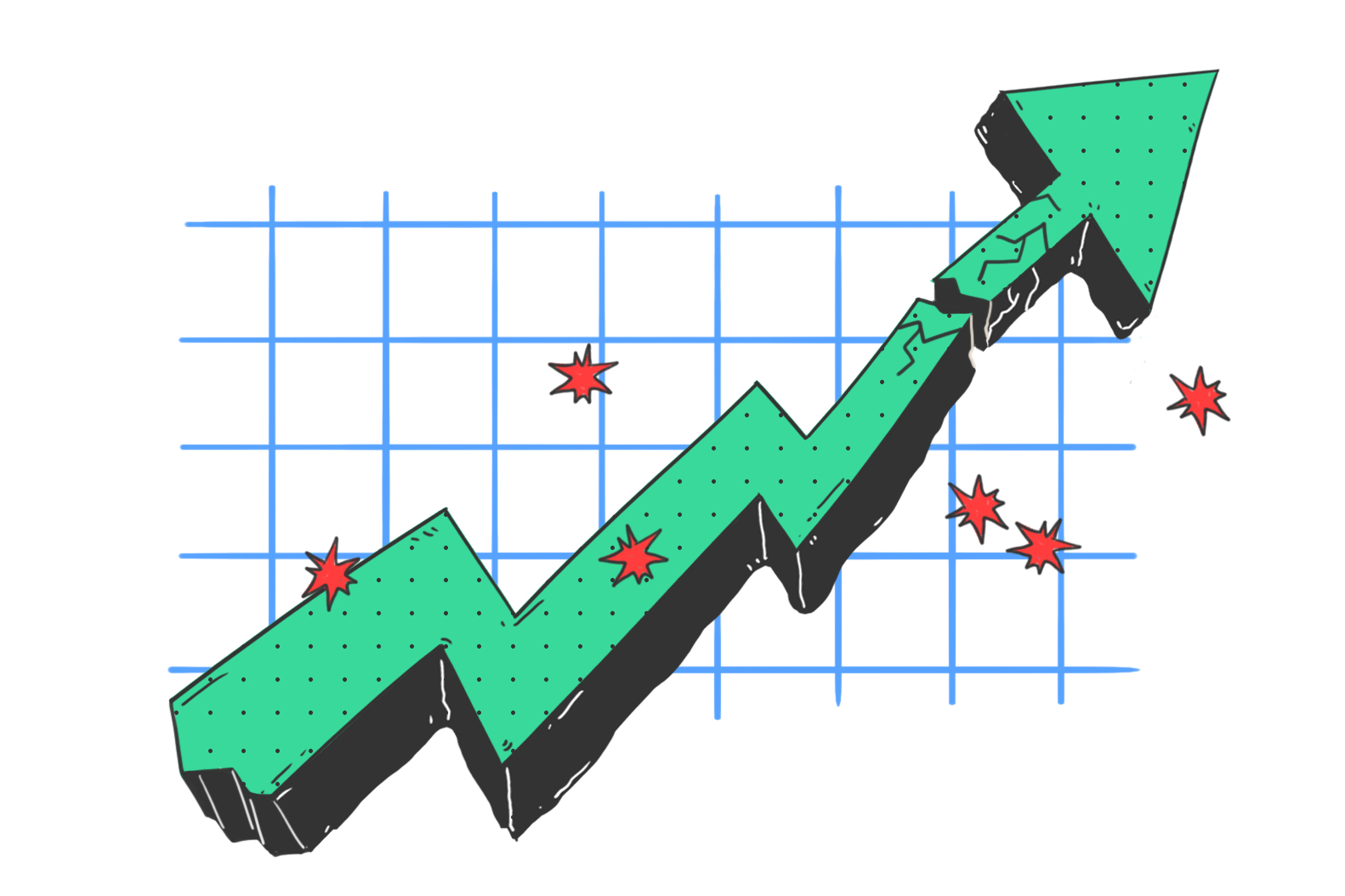
For anyone who’s struggling with burnout, you need to know it’s okay to be burnt out. The first step to healing is to recognise and accept that there’s an issue.
Next, find a safe group of friends who will give you the space to be heard, and not give you advice immediately. Because at that point in time, advice off the bat may not be what you need.
I would also advise to reach out for help even if you’re not entirely sure if you’re burnt out or not. There are plenty of resources available, so find one that suits your needs.
It’s better to reach out. Don’t wait – prevention is better than cure.
If you need to stop, just stop. Nobody’s gonna judge you.
And be kind to yourself. I got some really good advice from a friend on how: “Do whatever you need to to recover and take as much time as you can. Give yourself that space.
“And if you need to stop, just stop. Nobody’s gonna judge you.”
Lastly, in a burnout, don’t assume that there’s a “turning point” that will see you fully recovered.
There will be a turning point where you’re self-aware about your problems, but you will have to make a daily decision to pursue the right things instead of going back to your old self.
So go back to God’s word (His truths), and His promises for your life. Then make the daily choice to believe that these will prevail in His timing.
To be honest, I still struggle with my self-image and a fear of failure.
I don’t know how people will perceive me when I show my weaknesses; there’s always that fear of being vulnerable to people.
But I know that my struggle isn’t just for myself. It can be used to benefit someone else. As God enables me to overcome my struggles, I can bring hope to others as well.
In this burnout, I’ve struggled through nearly two years of disappointment, anger, unforgiven, shame, embarrassment, lonely and emptiness. I’ve often questioned how long this season would last and asked how much longer?
But God exposed the condition of my heart and pruned it. He used this burnout to realign my choices, priorities and view of my life.
And as my heart softened, God could heal and do His work in me. My prayer is that He will do the same in you.
- What does success mean to you in life?
- How would Jesus define success? (Hint: Matthew 5 might be a good place to begin!)
- Take a moment to be with God. Ask Him to help you rest and realign your life to His will.


